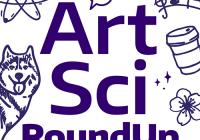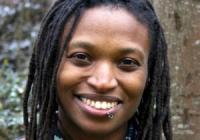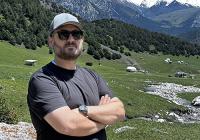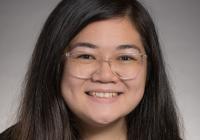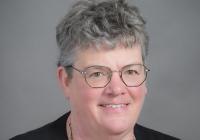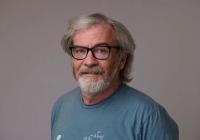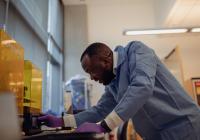
Recent News
Content will be added on this page as alumni submit updates, so check back periodically! If you have an update, please let us know. Last update: 2/06/2026
What if buildings could repair small cracks, respond to their environment, or even help capture carbon?Join us for an interdisciplinary public lecture and exhibition at the University of Washington that explores how researchers are using living and bio-based materials to rethink how buildings are made and how they perform in a changing climate.
While February might be just 28 days, the UW College of Arts & Sciences offers an exciting lineup of more than 40 in-person and online events. From thought-provoking art and music to conversations on culture, history, and science, the UW community invites you to explore, learn, and connect across disciplines throughout the University.
Chemistry PhD alum Jonathan Cox spent most of 2025 in Kyrgyzstan, helping farmers improve their soil—and their crops—through soil testing. Continue reading on UW College of Arts & Sciences News
Congratulations to Jodie Tokihiro who defended her Ph.D. work "Advances in Open Microfluidics from Fundamental Flow Dynamics to Environmental and Translational Science Applications” on October 8, 2025. Jodie was a student in Professor Ashleigh B. Theberge’s research group.
Congratulations to Farhad Akrami, who defended his Ph.D. work, "Surface Passivation of Lead Halide Perovskite Semiconductors for Improved Stability and Performance" on November 20, 2025.
The American Physical Society has named Professor Anne B. McCoy as the recipient of the 2026 Earle K.
At their 2025 Newborn Screening Symposium, October 5-9, 2025, the Association of Public Health Laboratories presented Professor Michael H. Gelb, the Boris and Barbara L. Weinstein Endowed Chair in Chemistry at the University of Washington, with the 2025 Harry Hannon Laboratory Improvement Award in Newborn Screening.
Ashleigh Theberge, a UW professor of chemistry, pursues projects ranging from designing at-home biological sample collection kits to exploring the physics of liquid flow to investigating molecules made by filamentous fungi. Her broad-ranging interests made her a fit for the Schmidt Polymaths Program, which supports mid-career scientists pursuing interdisciplinary research.

